Description
What is Angiography?
Angiography, also known as arteriography, is a medical imaging technique used to visualize the inside of blood vessels and organs, particularly arteries, veins, and heart chambers. It involves injecting a contrast dye into the bloodstream and taking X-ray images to detect blockages, abnormalities, or other issues in the blood vessels.
Familiarity with Treatment
Angiography is a well-established diagnostic procedure commonly used in cardiology, neurology, and vascular medicine. It helps in diagnosing conditions like coronary artery disease, peripheral artery disease, aneurysms, and blood clots.
Procedure
- Preparation: Patients may need to fast for several hours before the procedure. Blood tests are often done to check kidney function and blood clotting.
- During the Procedure:
- The patient lies on an examination table.
- A local anesthetic is applied to the insertion site (usually the groin or arm).
- A catheter is inserted into the blood vessel and guided to the area of interest.
- Contrast dye is injected through the catheter.
- X-ray images are taken to visualize blood flow and detect any blockages or abnormalities.
- Post-Procedure: The catheter is removed, and pressure is applied to the insertion site to prevent bleeding. The patient is monitored for a few hours before being discharged.
Who is it Suitable For?
Angiography is suitable for individuals with symptoms or conditions such as:
- Chest pain or angina
- Suspected coronary artery disease
- Peripheral artery disease
- Aneurysms
- Blood clots
- Unexplained stroke or transient ischemic attacks (TIAs)
Who is it Not Suitable For?
Angiography may not be suitable for individuals with:
- Severe kidney disease (due to the risk of contrast-induced nephropathy)
- Severe allergic reactions to contrast dye
- Uncontrolled bleeding disorders
- Pregnancy (due to radiation exposure)
Advantages
- Accurate Diagnosis: Provides detailed images of blood vessels, helping in accurate diagnosis and treatment planning.
- Minimally Invasive: Less invasive compared to surgical procedures.
- Quick Recovery: Most patients can go home the same day.
Complications
While generally safe, angiography can have some risks, including:
- Allergic reactions to the contrast dye
- Bleeding or bruising at the catheter insertion site
- Infection
- Kidney damage (especially in patients with pre-existing kidney conditions)
- Rarely, stroke or heart attack
Previous Care
- Medication Management: Patients may need to stop certain medications, such as blood thinners, before the procedure.
- Fasting: No eating or drinking after midnight before the procedure.
Aftercare
- Monitoring: Patients are monitored for a few hours post-procedure for any immediate complications.
- Hydration: Drinking plenty of fluids to help flush out the contrast dye from the body.
- Activity Restrictions: Avoid strenuous activities for a few days to allow the insertion site to heal.
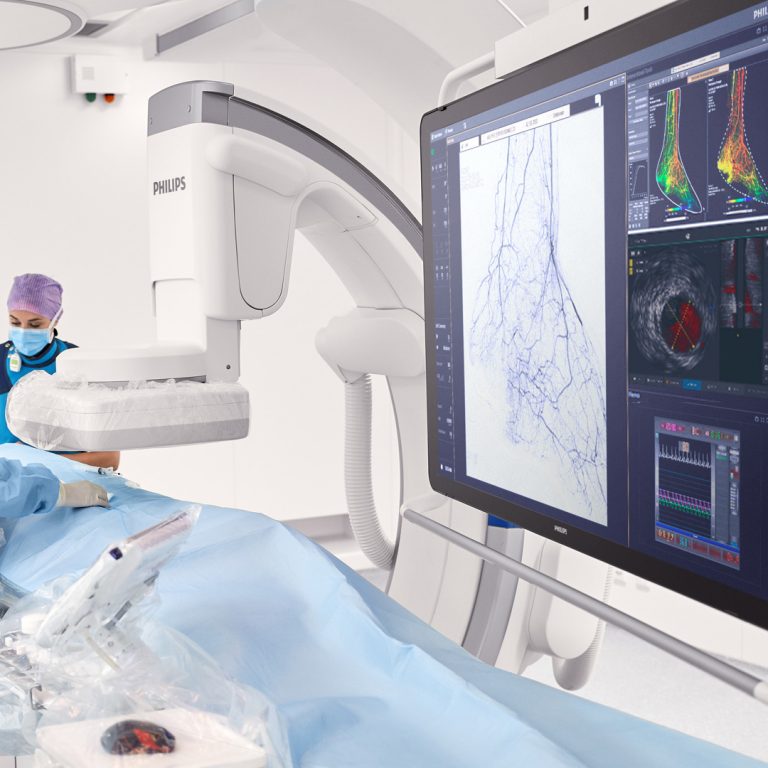
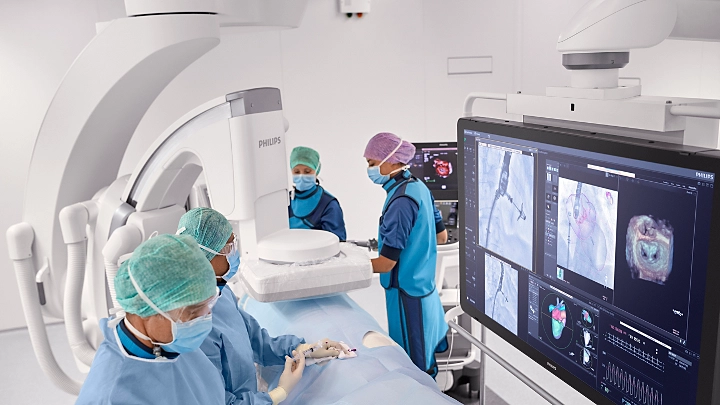
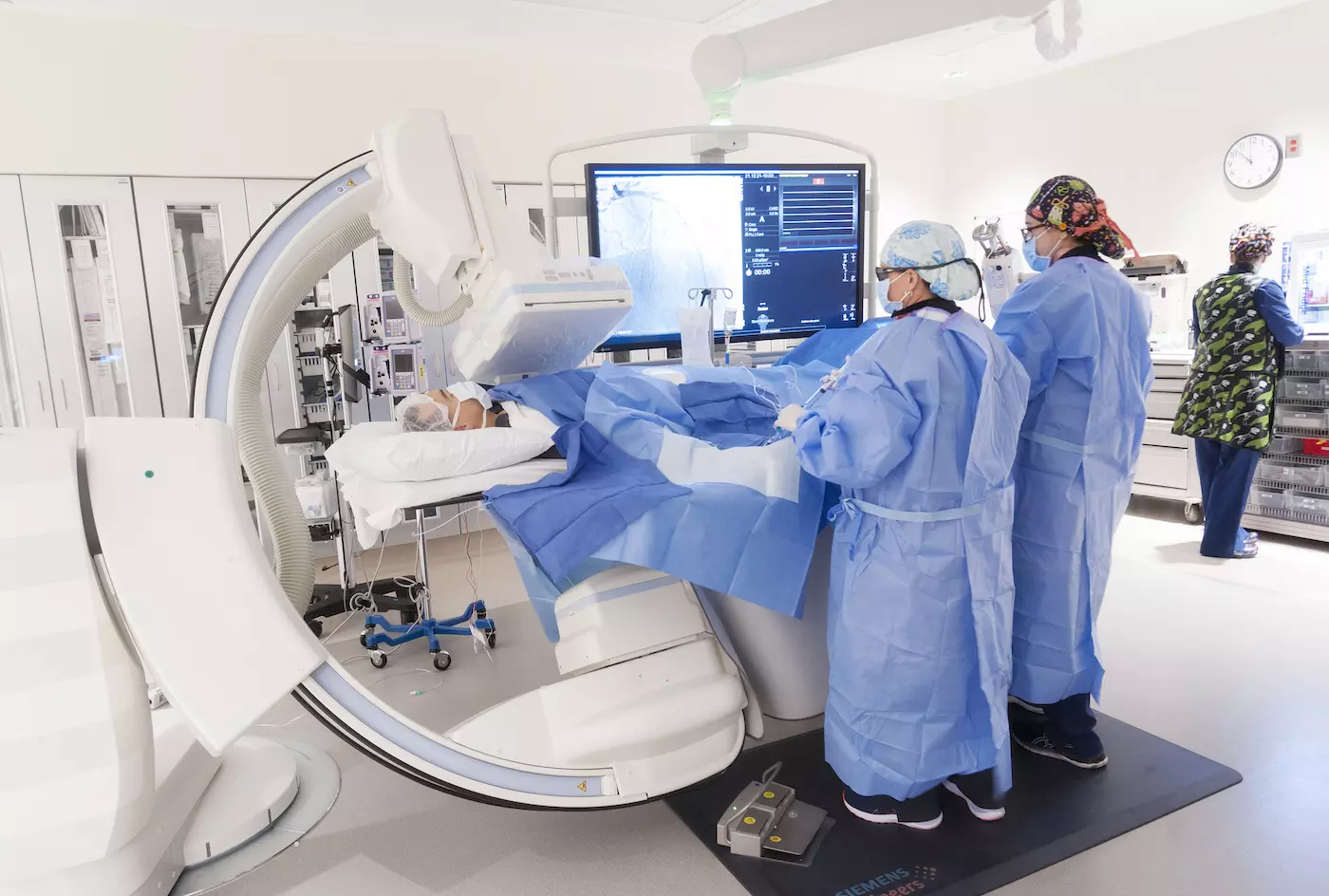
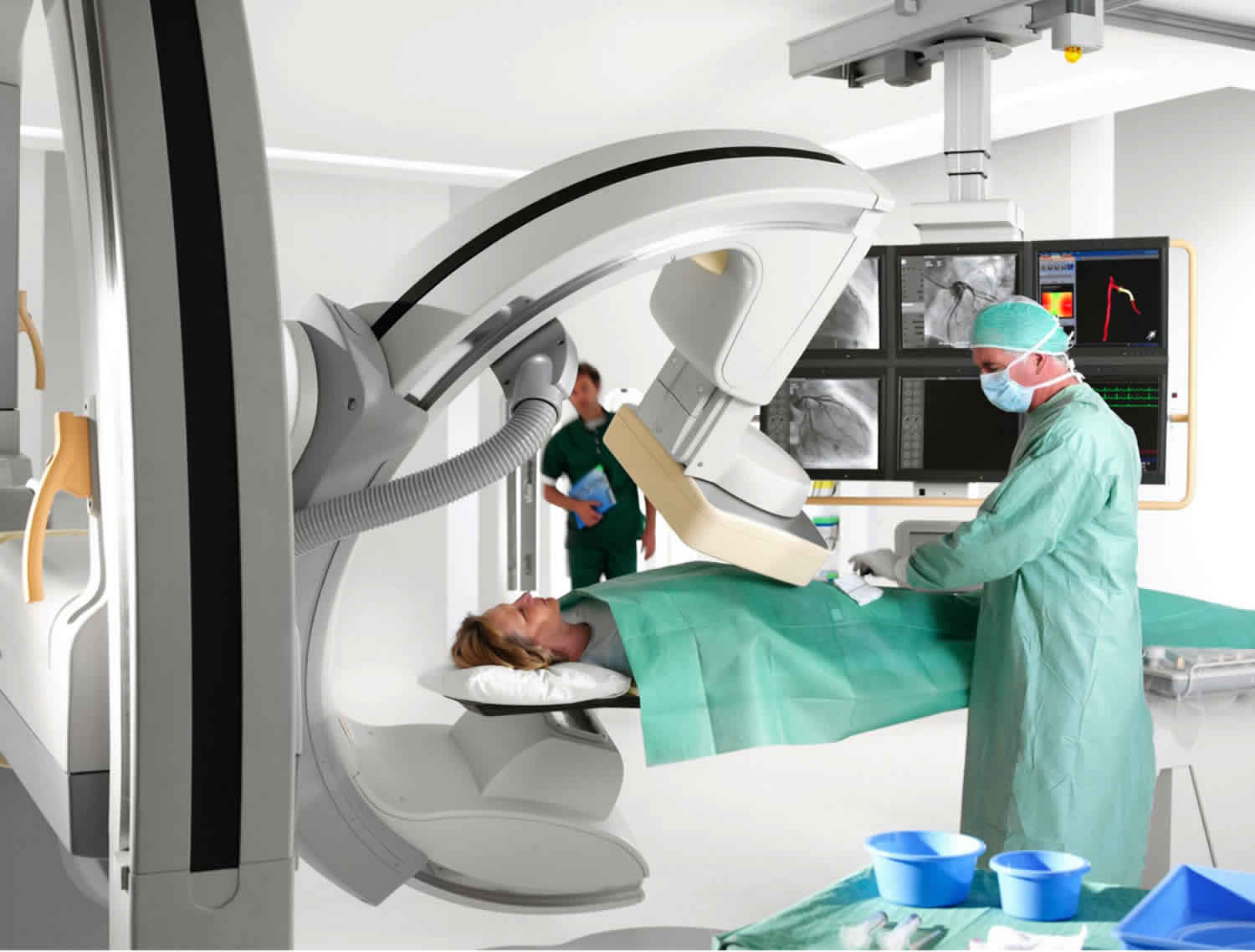
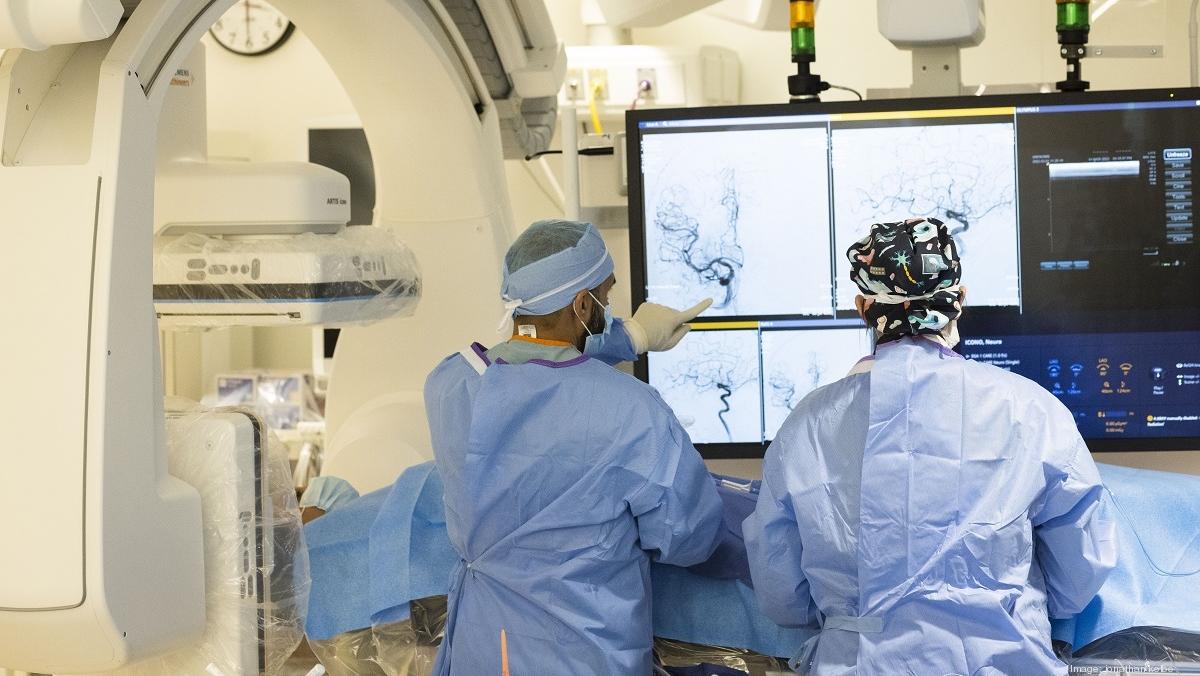
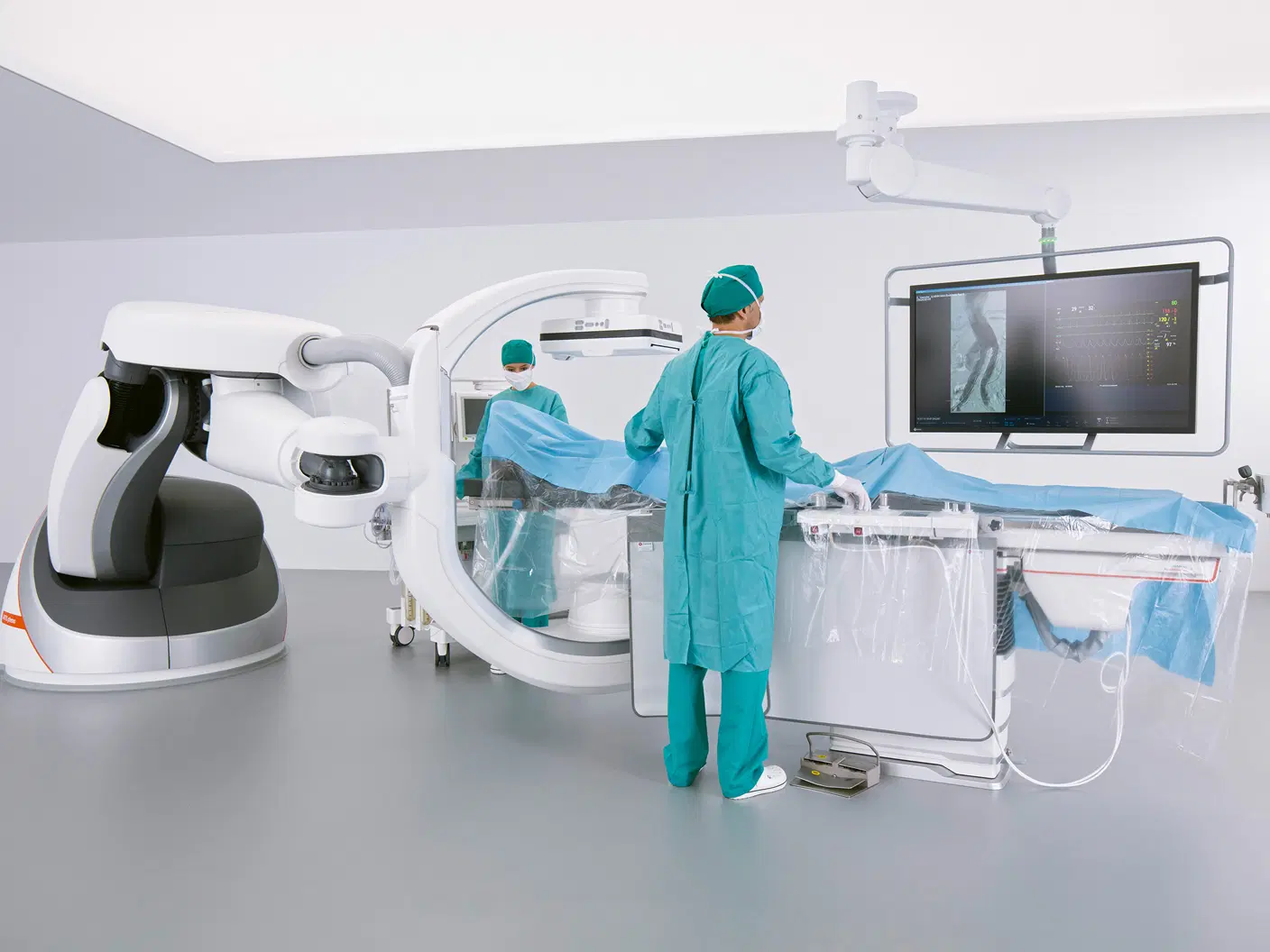
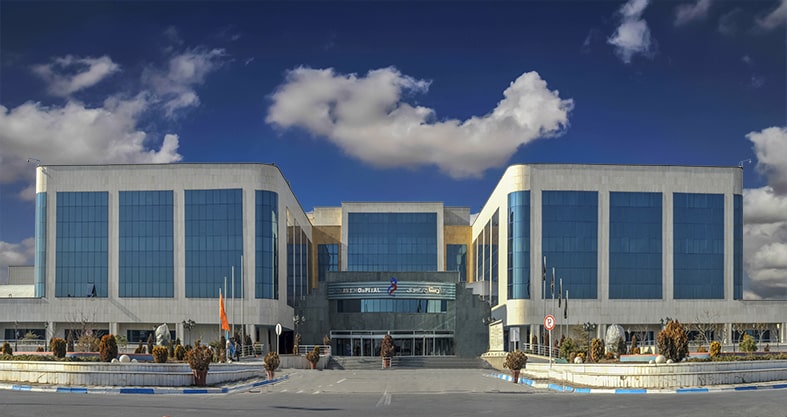
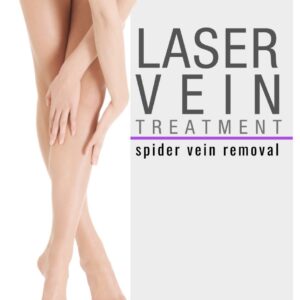

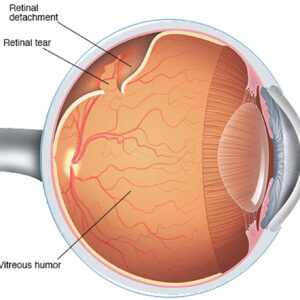
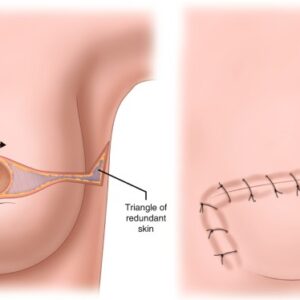
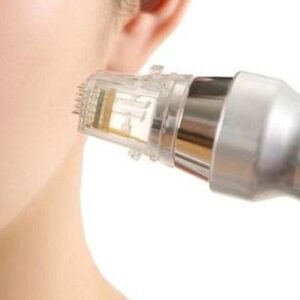

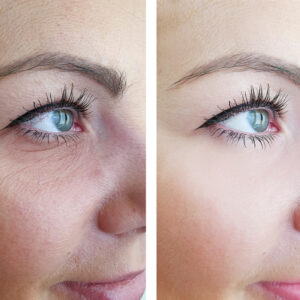
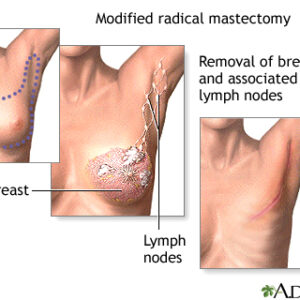
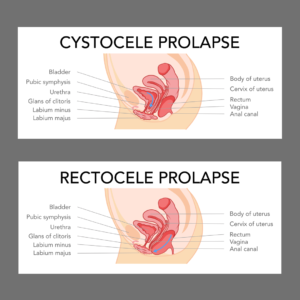

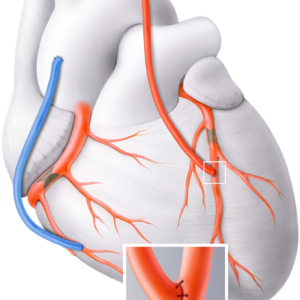
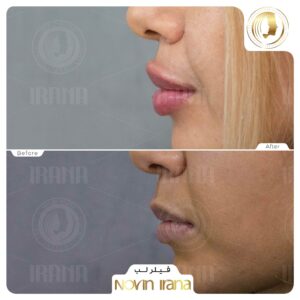
Reviews
There are no reviews yet.